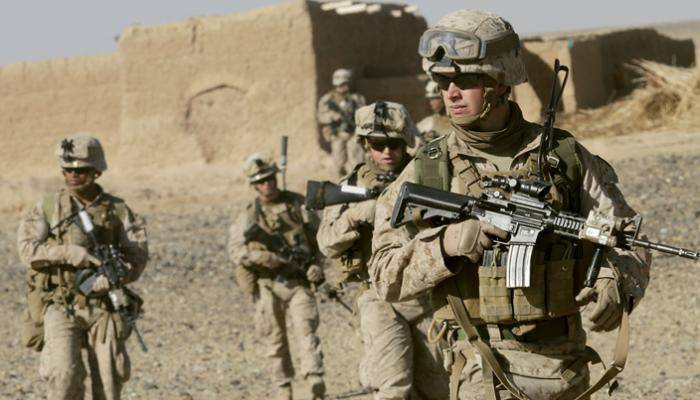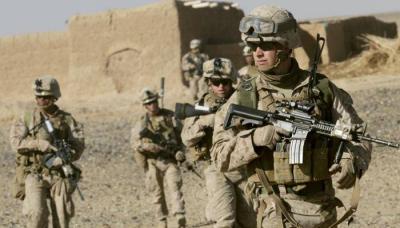The United States will officially begin withdrawing its last troops from Afghanistan on Saturday, marking the end of a twenty-year war for Washington. However, this will usher in a period of significant uncertainty in a country that is under the increasing control of the Taliban. American officials in Afghanistan indicate that the withdrawal process is already underway, noting that the date of May 1 is largely symbolic. This date represents the deadline for the withdrawal of American forces as set by the previous administration under Donald Trump, according to an agreement signed with the Taliban in February 2020 in Doha.
In recent days, the skies over Kabul and the nearby Bagram Air Base have been more populated than usual with American helicopters in preparation for this major departure, which is set to be completed by September 11, the twentieth anniversary of the September 11, 2001 attacks. NATO allies began withdrawing units from the "Resolute Support" mission on Thursday, which is supposed to be coordinated with the Americans.
Afghan security forces were on high alert on Saturday, fearing possible attacks against American forces during their withdrawal. Acting Interior Minister Hayatullah Hayat instructed police leaders in a recorded message sent to journalists late Friday to increase checkpoints in cities and carry out inspections at access points, stating, “The Americans will officially begin their withdrawal starting May 1, and the Taliban may intensify violence.”
U.S. President Joe Biden confirmed in mid-April the intention to withdraw the remaining 2,500 troops in Afghanistan, asserting that "the time has come to end the longest war the United States has waged" and stating that the objective of the intervention, which was to prevent Afghanistan from being used as a base for attacks against the U.S., has been achieved. The U.S. intervened in Afghanistan following the September 11, 2001 attacks on the Twin Towers in New York and the Pentagon, quickly ousting the Taliban regime accused of harboring the jihadist group al-Qaeda and its late leader Osama bin Laden.
At the height of U.S. involvement in the war during 2010-2011, there were approximately 100,000 American troops in the country. Over 2,000 Americans and tens of thousands of Afghans have been killed in this conflict. Since the signing of the Doha agreement, the Taliban have refrained from directly attacking foreign forces but have ruthlessly targeted government troops in rural areas and instilled fear in major cities through targeted attacks.
The announcement of the U.S. withdrawal has instilled fear among many Afghans who fear that the Taliban could regain power and impose the fundamentalist regime it used to govern the country from 1996 to 2001. Chaos is not ruled out. Manah Noorzi, an employee at a private radio station in Kabul, told AFP, "Everyone is afraid of the idea of the return of the dark days characterized by the Taliban era," adding that "the Taliban rebels are still the same; they haven't changed. The U.S. should have stayed at least for another year or two."
Afghan President Ashraf Ghani asserts that government forces, which have been fighting alone on the ground for several months—sometimes with U.S. air support—are "fully capable" of resisting the rebels. He points out that the U.S. withdrawal means the Taliban no longer have a reason to continue fighting, stating in a speech this week, "Whom are you killing? Whom are you destroying? Your excuse that you are killing foreigners is now over."
However, U.S. Joint Chiefs of Staff Chairman General Mark Milley acknowledged on Wednesday that he could not rule out the possibility of complete chaos. He stated, "In the worst-case scenario, the Afghan government and military will collapse, leading to civil war and a corresponding humanitarian disaster, with a potential return of al-Qaeda."
Abdul Malik, a police officer in Kandahar province (a historical stronghold of the Taliban), confirmed to AFP that the armed forces are prepared, saying, "We must defend our homeland... We will do everything we can to defend our land." Independent expert Nishank Motwani argues that nothing guarantees that the Taliban rebels will not attack U.S. or NATO forces during their withdrawal, claiming that such actions would aim to "humiliate and insult the defeated enemy."
Andrew Watkins, an analyst at the International Crisis Group, believes that the coming weeks will allow the Afghan military and Taliban insurgents to "fight and assess their opponent without the additional factor represented by the United States."




